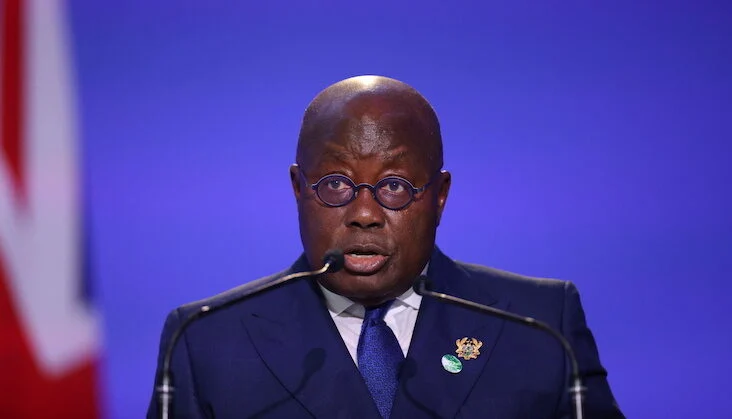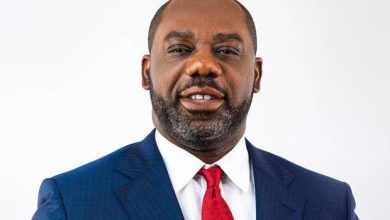
Government grants new scholarships to over 4,000 Tertiary Students.
The government has through the Ghana Education Trust Fund (GETFund), awarded new scholarships to 4,279 students schooling in the various universities and colleges in Ghana.
The awardees cut across the respective programmes of undergraduate and postgraduate studies.
This year’s figure represents an increase of sixty-three percent (63%) of successful applicants compared with the two thousand seven hundred and four (2,704) recipients for the year 2022.
The breakdown of the awardees according to type of degrees and programmes are as follows: a total of two thousand nine hundred and fifty-one (2,951) are pursuing diploma or degree programmes whereas one thousand three hundred and twenty-one (1,328) beneficiaries are reading master’s or PhD programmes in the private and public colleges/universities all in Ghana.
Also, 1,963 representing 46% of awardees are studying Science Technology Engineering and Mathematics (STEM) related programmes, while 2,316 representing 54% of awardees are studying Humanity related programmes.
The Fund, as of August 2, 2023, has paid the total sum of GH¢25,278,029.39 of fees allotted to awardees into the accounts of their institutions.
It will be recalled that, in December 2022, GETFund advertised to the general public, inviting prospective applicants to apply for the local scholarships via its online portal created for the receipt of scholarship applications and the management of same.
A total of 22,000 applicants were successfully submitted. The overwhelming show of interest in the scholarships prompted the Board of Trustees of the Fund to increase the available slots to the current high number of 4,279 recipients.
“It must be placed on record that as of August 2, 2023, about three hundred (300) successful applicants have still not accepted the scholarship offers sent to them via their email addresses, although efforts have been made to contact them. Hence, the Fund is unable to process their documentation for further action,” GETFund announced in a statement.
Thanks for reading “Government grants new scholarships to over 4,000 Tertiary Students“.



